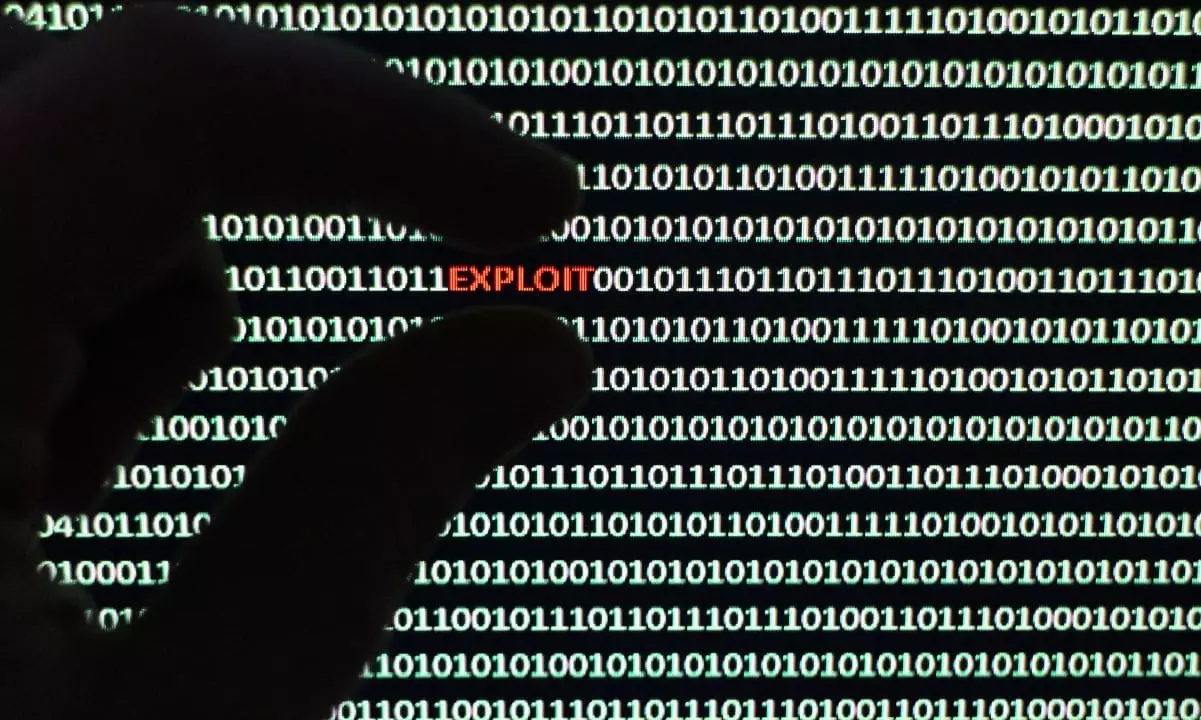The report by blockchain security firm PeckShield for March 2024 has revealed a troubling increase in crypto hacks, with over 30 incidents causing losses of approximately $187.29 million. Despite the improved investor sentiment, these hacks have significantly impacted the DeFi sector’s progress. However, it is somewhat relieving to note that almost $99 million was recovered during the same period. This recovery represents a decrease of 48% from the previous month, indicating some positive developments amidst the turmoil.
One of the most significant breaches highlighted in the report was the attack on Munchables, a Web3 gaming protocol on the Blast network, which resulted in losses of $97 million. Surprisingly, the hacker behind the exploit, identified as “Werewolves0493” on GitHub, voluntarily returned the funds without demanding any ransom. Blast founder Pacman confirmed this and mentioned that the network’s core contributors were able to secure the stolen funds successfully. The incident serves as a reminder of the importance of robust security measures in decentralized platforms.
Additionally, the report pointed out the smart contract exploit of real-world asset (RWA) liquidity firm Curio Network, which led to losses of $40 million due to a flaw in the voting power privilege access control. Prisma Finance, a DeFi protocol, also suffered losses of almost $11.6 million and is currently in negotiations to address the issue. The NFPrompt hack, a platform incubated by Binance, incurred damages of $10 million. The WooFi incident rounded out the top five, with $8.5 million in losses attributed to a targeted attack on the DeFi platform’s swap feature on the Arbitrum network.
These incidents underscore the critical need for enhanced security measures in the rapidly evolving crypto space. As the sector continues to attract more investors and users, the risks associated with hacks and exploits also increase. It is essential for developers, platforms, and investors to prioritize security and implement robust measures to protect funds and assets. Regular security audits, bug bounty programs, and proactive monitoring can help mitigate the risks of such attacks. Collaborative efforts within the crypto community to share best practices and insights on security can also contribute to creating a safer environment for all participants. Overall, these incidents serve as valuable lessons for the industry as it continues to navigate the challenges of ensuring security and trust in the decentralized ecosystem.















